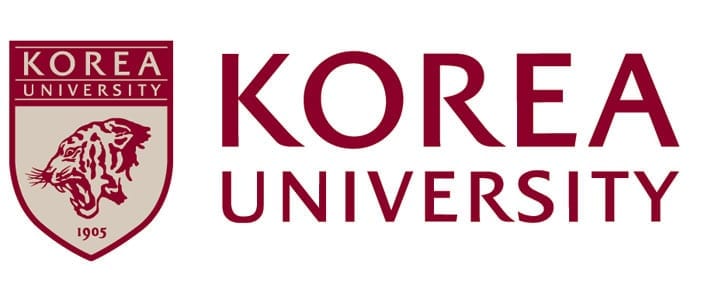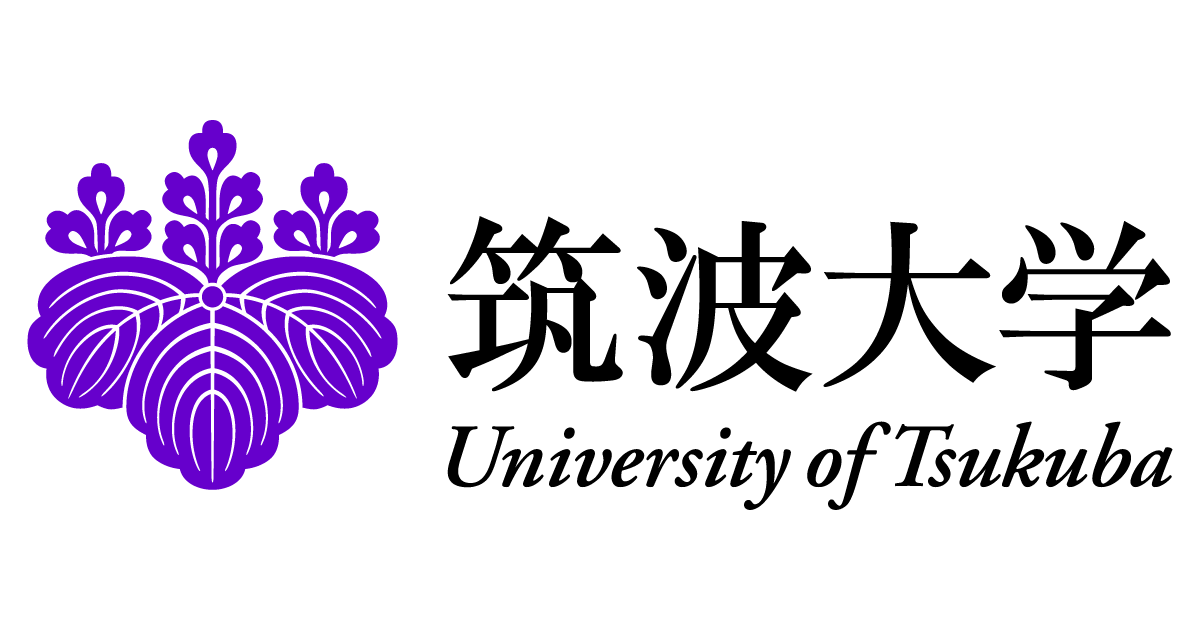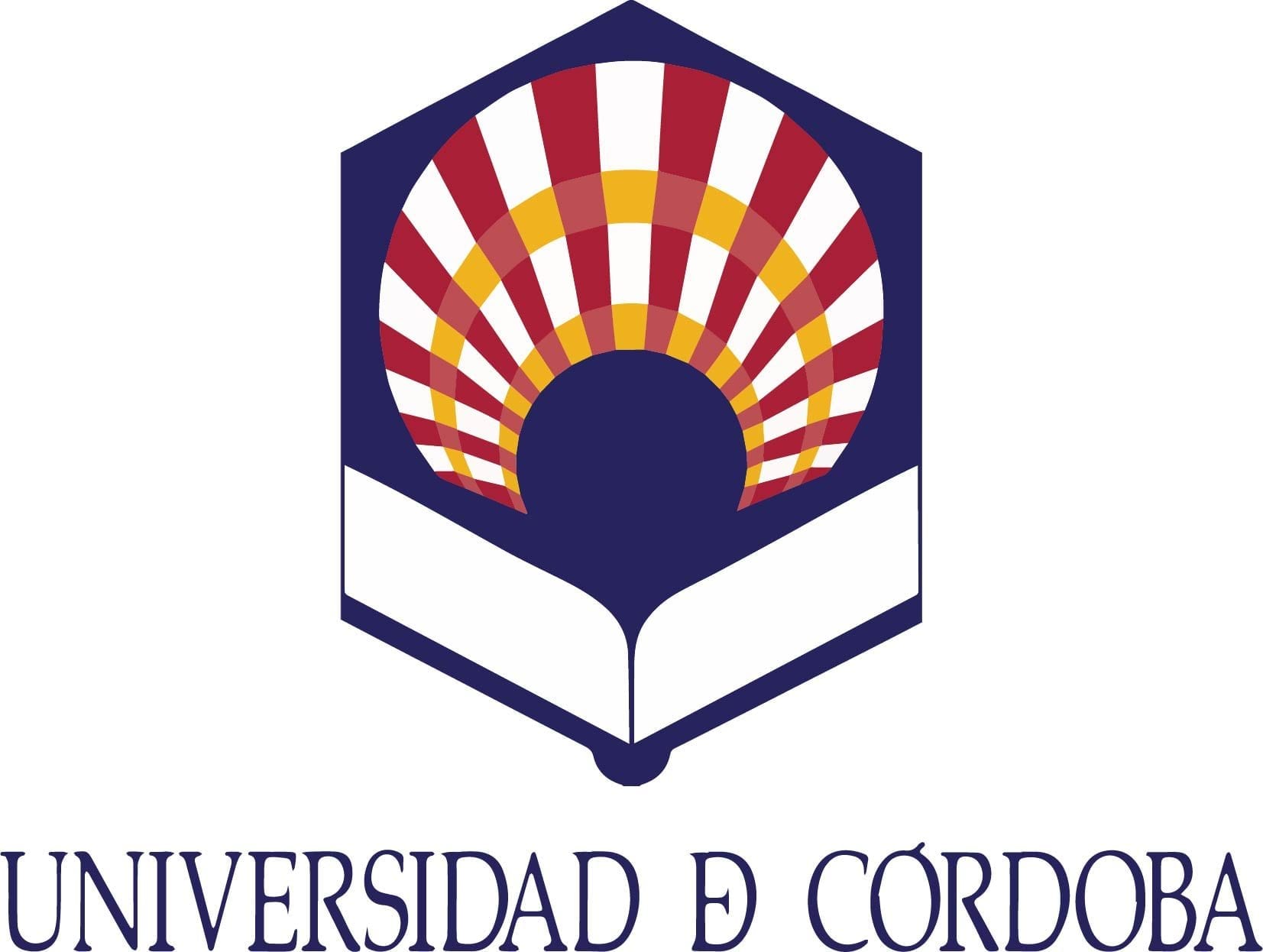
Introduction:
Dive into the remarkable history of Korea University, a prestigious institution that has played a pivotal role in shaping higher education in South Korea. Since its establishment in 1905, Korea University has stood as a symbol of academic excellence, fostering a spirit of innovation and intellectual curiosity. Known for its rich tradition, cultural heritage, and commitment to global leadership, Korea University has consistently been at the forefront of research and education in Asia.
History:
Founded as Bosung College by Lee Yong-Ik, Korea University began its journey amidst the backdrop of the Korean Empire. It has since evolved through the tumultuous history of the 20th century, emerging as a modern, comprehensive institution. Korea University has been instrumental in educating leaders and innovators who have contributed significantly to the nation’s development and beyond, embracing its motto of “Liberty, Justice, and Truth.”
The Latest Bing News on:
Korea University Research
- In South Korea, remembering Rabindranath Tagore, for inspiring a generation of freedom fighters
That his statue exists even in a country he did not visit says a lot about Tagore's relevance for the Korean people and their history.
- Korean surveillance cameras rise as nations reject Chinese products
Korean firms’ surveillance cameras are gaining traction in global markets like the United States and Europe. Commonly referred to as CCTV, these surveillance cameras are witnessing a surge in ...
- JHU joins South Korea initiative to expand global Research & Development collaborations
The new JHU Biotechnology Cooperation Center will be a hub for joint R&D collaboration with Korea in pharmaceuticals, medical devices, biomaterials, biomanufacturing, and AI/digital healthcare.
- The Secret to Japanese and South Korean Innovation
Japan and South Korea are innovation and tech powerhouses. They are home to leading firms in many of the high-tech sectors powering global economic growth and usually rank near the top of innovation ...
- Korean researchers build vertical solar panels with low reflection losses
The modules are equipped with Maxeon solar cells and a microprism sheet that reportedly upholds a transmittance exceeding 99%. The microprism array is imprinted onto a PET sheet using the roll-to- ...
The Latest Bing News on:
Korea University Discovery
- JHU joins South Korea initiative to expand global Research & Development collaborations
The new JHU Biotechnology Cooperation Center will be a hub for joint R&D collaboration with Korea in pharmaceuticals, medical devices, biomaterials, biomanufacturing, and AI/digital healthcare.
- Syntekabio to Showcase Biologics Discovery Platform at PEGS Boston
Company offering discovery services for neoantigens with Neo-ARS and for full antibodies with Ab-ARSNEW YORK, May 07, 2024 (GLOBE NEWSWIRE) -- Syntekabio (226330.KQ), a global artificial intelligence ...
- Smart labs for bespoke synthesis of nanomaterials are emerging
In the early 20th century, the development of a catalyst for ammonia synthesis by the Haber-Bosch method took more than 10,000 experiments before it was successful. The development of new materials is ...
- BTS Entangled in the Midst of Claims Against HYBE, Dubbed “Biggest Victim” by French Press
French news outlet Paris Match highlighted on May 5th the unfortunate entanglement of BTS in the midst of internal disputes at HYBE, titling their report “BTS became the biggest victim in the ...
- Exploring the Intersection of Music and Business on the International Stage
And throughout her senior year, she combined her passions for business, travel and her love of all things music, writing a Daniels Distinction Thesis that uncovered parallels between Korea’s K-Pop and ...
Created by ChatGPT (ChatGPT can make mistakes. Consider checking important information.)









